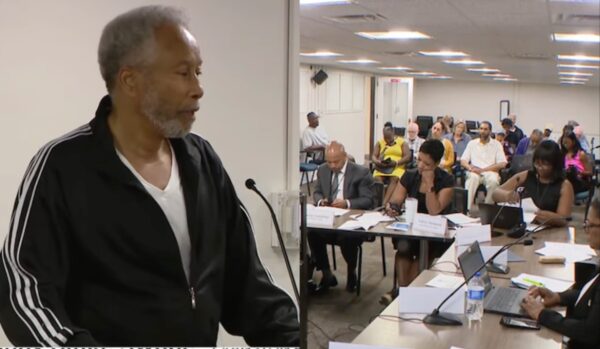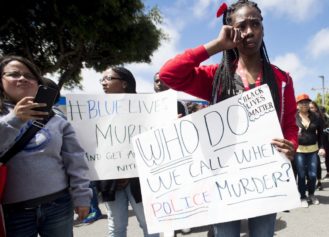In 2019, the city of Evanston said it would dish out millions of dollars in reparations to Blacks who experienced housing discrimination based on their race at the turn of the 20th century.
Now almost four years since politicians passed legislation to make right a systemic wrong implemented by whites in their town, 140 mostly elderly Black residents will receive the first checks.

Under a groundbreaking $10 million initiative, eligible Black citizens or their descendants who resided in the city between 1919 and 1969 and can demonstrate the impact of policy-initiated housing discrimination on their lives will receive $25,000 in reparations, according to MSN.com.
Retired postal worker Louis Weathers, 88, will be one of the recipients.
He said he remembers what racism was like back in the day, particularly when he helped integrate his junior high school.
“Every time we raised our hand, [the teacher] wouldn’t call on us, but when we didn’t raise our hands, she would — to make you look like a dummy. We got onto that, though. When we didn’t know the answer, we raised our hands,” the retired Korean War veteran recalled in an interview with the Wall Street Journal.
Weathers has already received his check and given all of it to his son. He wants his son to use it to help lower some of his debt and upgrade the condo where he lives.
In addition to addressing housing discrimination, the city, which at the time the legislation was passed had a population of 75,000, 16 percent of which was Black, committed to earmarking a portion of the $10 million to programs and organizations that address gaps in education and economic development.
The $25,000 that seniors like Weathers will receive will be paid in either vouchers or cash. The city has created a structure where the funding of the payments will pull from the legal sale of cannabis and real estate transfer taxes.
According to the Evanston Roundtable, at first, the reparations were supposed to only come from the city’s sale of cannabis through its one dispensary. The money that they expected to come from marijuana did not hit the anticipated financial goal experts projected. This is why the real estate transfer tax has been factored into the funding budget for reparations.
Tasheik Kerr, the assistant to the city manager, said a total of $1.18 million in revenue has been generated up to this point.
Evanston hopes to lead the country in creative models of reparations for African-Americans.
“I see it as like a test run for the whole country,” Justin Hansford, a leading advocate for reparations at the federal and local level and head of the Thurgood Marshall Civil Rights Center at Howard University said.


